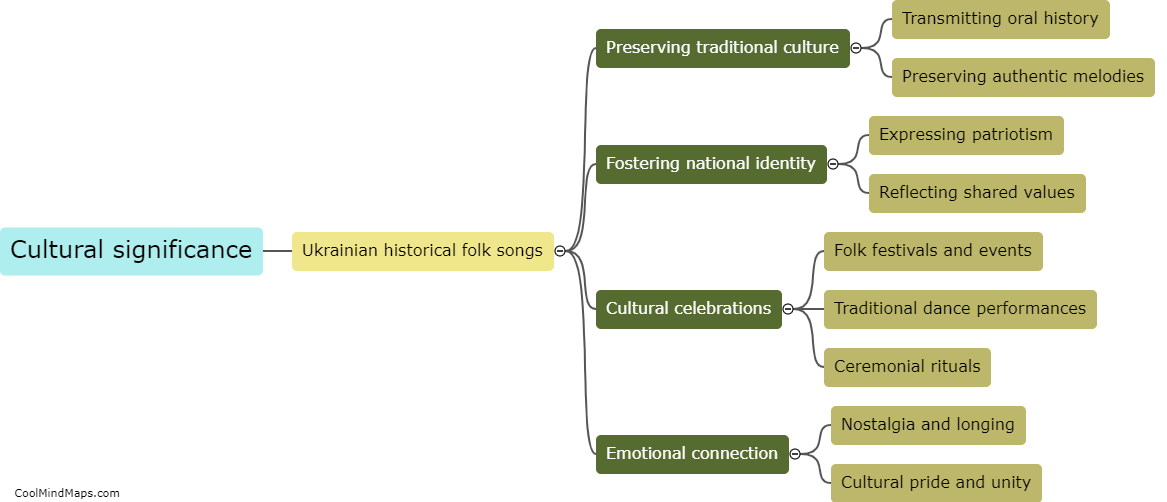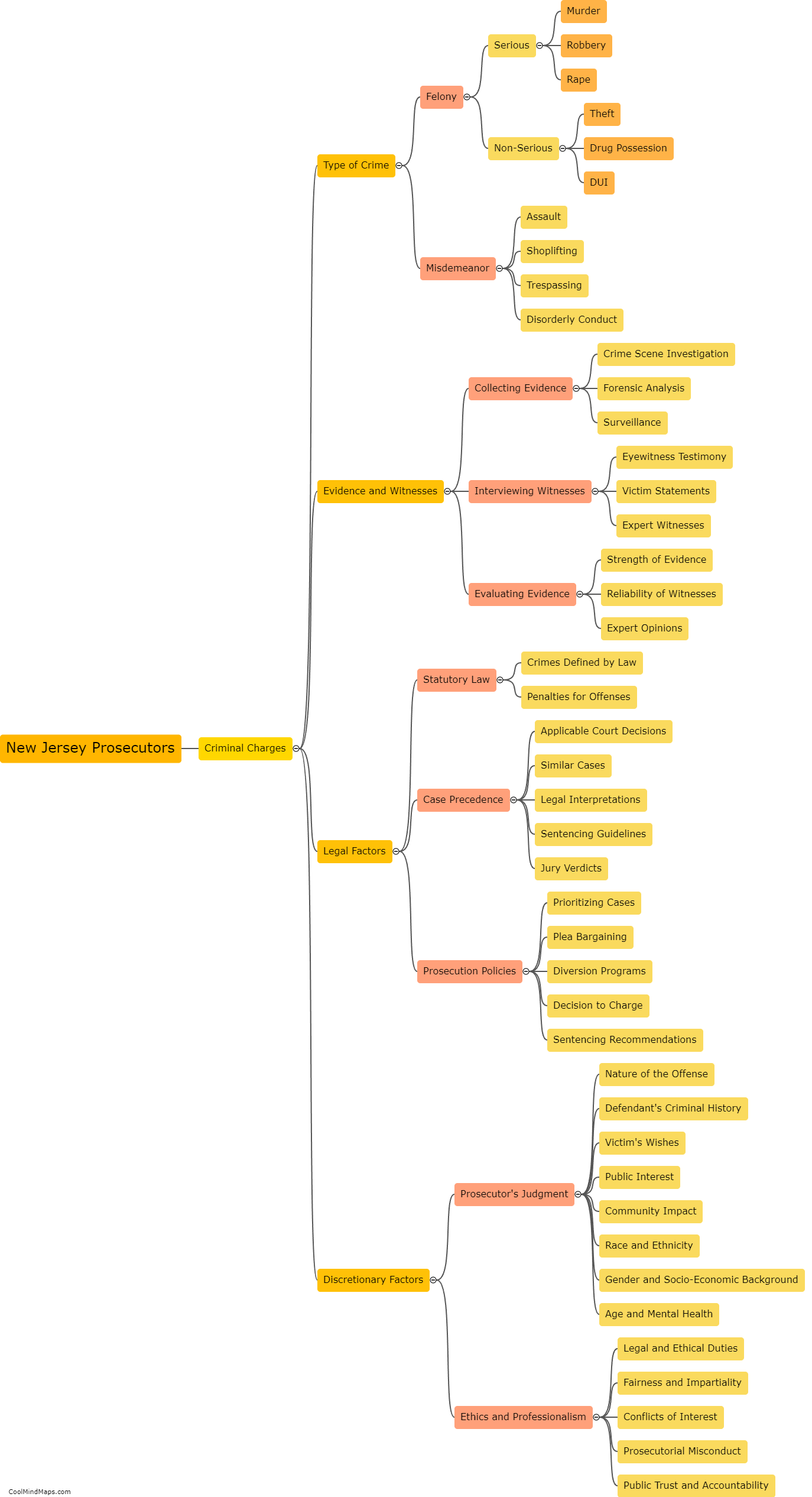Causes of nationalism in Europe?
Nationalism in Europe in the 19th and 20th centuries was primarily fuelled by a diverse range of factors. Firstly, the rise of industrialization and urbanization led to the formation of a middle class, which sought to create a sense of collective identity and pride in their respective nations. Additionally, the spread of education and literacy further fostered a shared culture and language, strengthening nationalistic sentiments. Historical events and conflicts, such as the French Revolution and the Napoleonic Wars, also contributed to the formation of nationalistic ideals, as people yearned for a sense of unity and independence. Furthermore, the decline of empires and the desire for self-determination among ethnic and minority groups led to the emergence of nationalist movements across Europe. All these factors combined created a fertile ground for the growth of nationalism in Europe, shaping the course of history and impacting geopolitics.

This mind map was published on 18 August 2023 and has been viewed 127 times.











